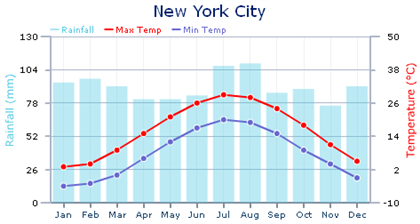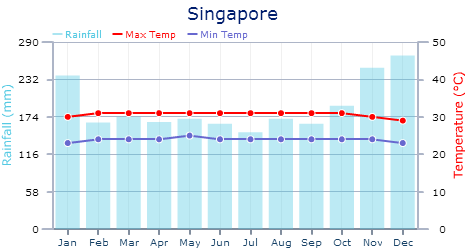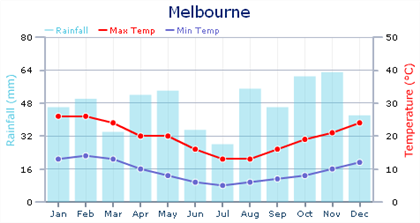In the Northern Hemisphere, the Ecliptical plane and the Equatorial plane intersect at the beginning of Spring and the beginning of Autumn. Day and night are of equal length, and they're called "Equinoctal points". The Vernal Equinoctal Point is used Tropically to locate 0 degrees Aries; in Right Ascension, it's used to mark the beginning of the first hourly division along the Celestial Equator. The main objection to using the VEP as a universal Spring-point, is that the situation is reversed in the Southern Hemisphere. There, the Sun enters Tropical Aries at the beginning of Fall. But [IMO], it's the qualities of the Sign Aries that mark it as the "First Sign", not the weather: Cardinal (innovative, starting anew), and Fire (creative energy). But no one is required to consider Aries as Sign#1, if that's what's bothering you, waybread. I wouldn't consider it wrong not to, even though I do see it that way myself. I have your "Whatever works (or doesn't work) for YOU in reading Charts", attitude.
Huh, David? I use Aries as the first sign, like everyone else. My only point is historical: that placing the start of the zodiac at the 0 Aries point in Antiquity was an arbitrary decision, probably reinforced if not introduced by Ptolemy in his case for the tropical zodiac.
Ptolemy says as much, in his
Tetrabiblos 1:10. ".
..although there is no natural beginning of the zodiac, since it is a circle...."
Mr. Pt likes the solstitial and equinox points, but if you look at his Aristotelian climatic explanation for starting with 0 Aries, an increase of moisture in mid-March doesn't even fit his home town of Alexandria. It would fit more temperate areas in the northern hemisphere, but that's not where our astrology originated.
A good book on Babylonian astrology is Francesca Rochberg,
The Heavenly Writing. She's a professor of ancient languages at UC Berkeley. On pp. 131-3, she notes that the Babylonian calendar started in their month of Aries, but that their zodiac was sidereal, so the equinox point moved a fraction of a degree per year. Their equinox continued to move backwards through early Aries, and she places two major systems as setting it at 10 and 8 degrees Aries. Since it is difficult to date the Babylonian systems precisely, it isn't clear what it would have been in Ptolemy's day, but it was close to our tropical 0 Aries.
I did a little more digging on the fixing of the vernal equinox at 0 Aries for the tropical zodiac, and came across this book, edited by another really good scholar of ancient astronomy/astrology: Alexander Jones,
Ptolemy in Perspective, as a Google book. In quoting from Ptolemy's
Almagest, p. 14-15 Jones notes that Ptolemy's setting the vernal equinox to 0 Aries rather than 8 degrees Aries, "is purely conventional" because he didn't use fixed stars, as did the Babylonians with their sidereal calendar.
Ptolemy's argument is apparently more complicated than making a case for the vernal equinox at 0 Aries as merely the date of equal periods of sunlight and darkness, because again; once you unhinge from a sidereal system of pegging the start of the sun in Aries, you can sort of place it anywhere you want. Once you unhinge the zodiac from fixed stars and their namesake constellations, you could sort of place the vernal equinox anywhere you want. Which is what Ptolemy did. As Jones put it, Ptolemy declared 0 degrees Aries as the start of the zodiac "by definition." Ptolemy was also concerned with celestial longitudes in establishing his tropical zodiac.
Jones cites a Greek scholar, Theon, who dated the 8 degrees Aries vernal equinox to 159 BCE, whereas it was supposed to be at 0 Aries by 428 CE. Mathematically this rate of precession doesn't work out, enhancing the argument that Ptolemy's 0 Aries point was arbitrary.
Unfortunately only book 1 of the
Almagest is available on-line in English translation, but Jones gives a good (if complexly academic) discussion of the origins of the tropical zodiac. What is clear from book I of the Almagest is that Ptolemy starts out with a virtual dedication to Aristotle, setting up at least the possibility of Springtime in Antiquity as needing to fit Aristotle's model of warmth and temperature, regardless of climatic facts on the ground.
Obviously I'm never going to convince Dirius, but that's his prerogative.





 (different topic)--I see there are Mundane-astrologers using Traditional terminology like "combust", who are also using the 3 outermost Planets (both large and the small one).
(different topic)--I see there are Mundane-astrologers using Traditional terminology like "combust", who are also using the 3 outermost Planets (both large and the small one).




